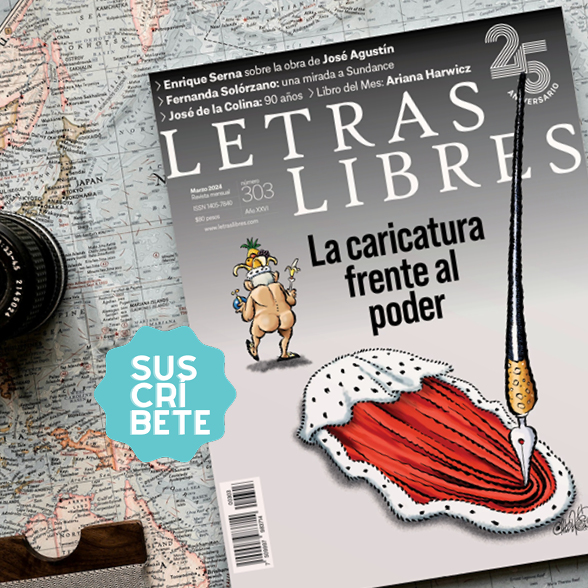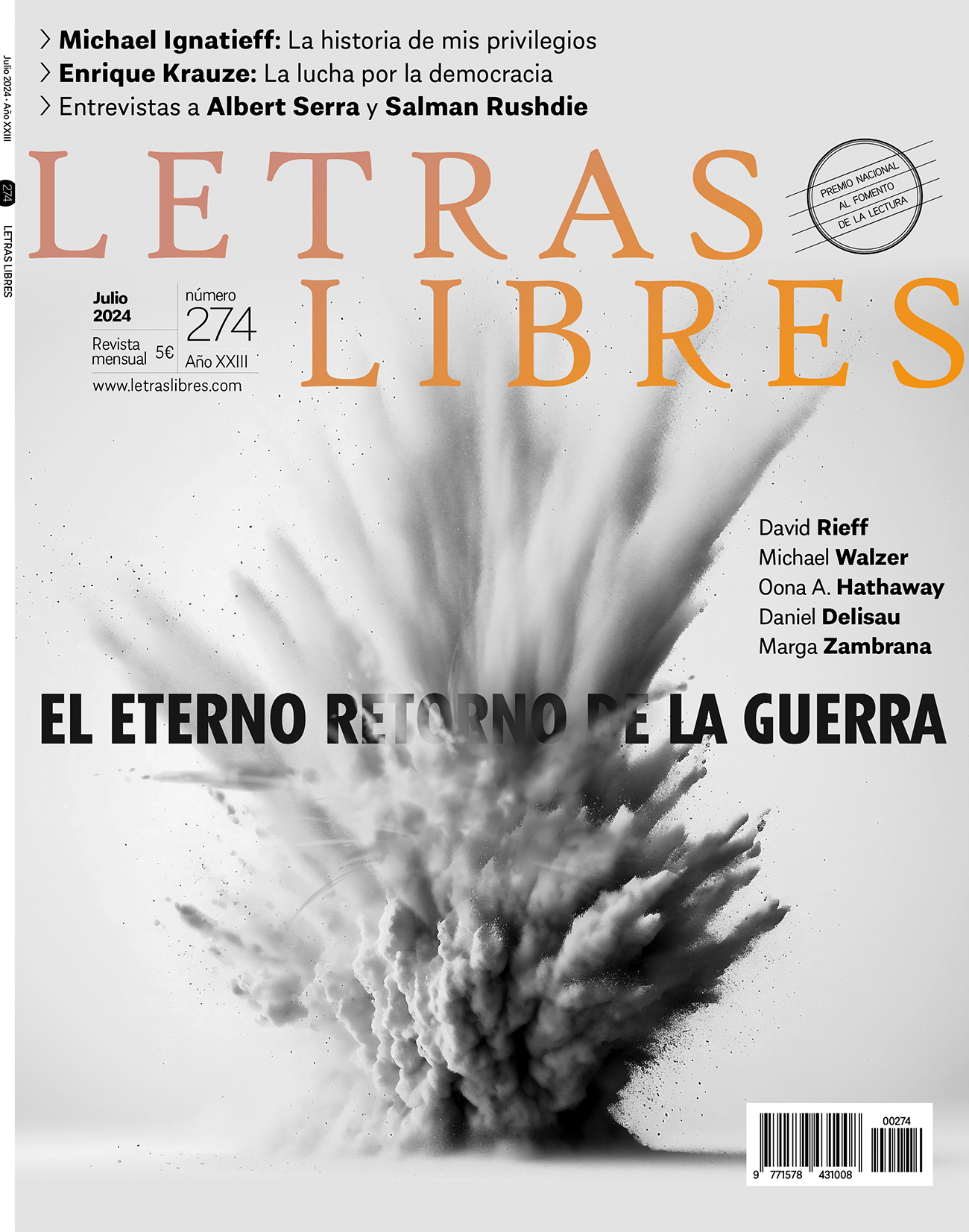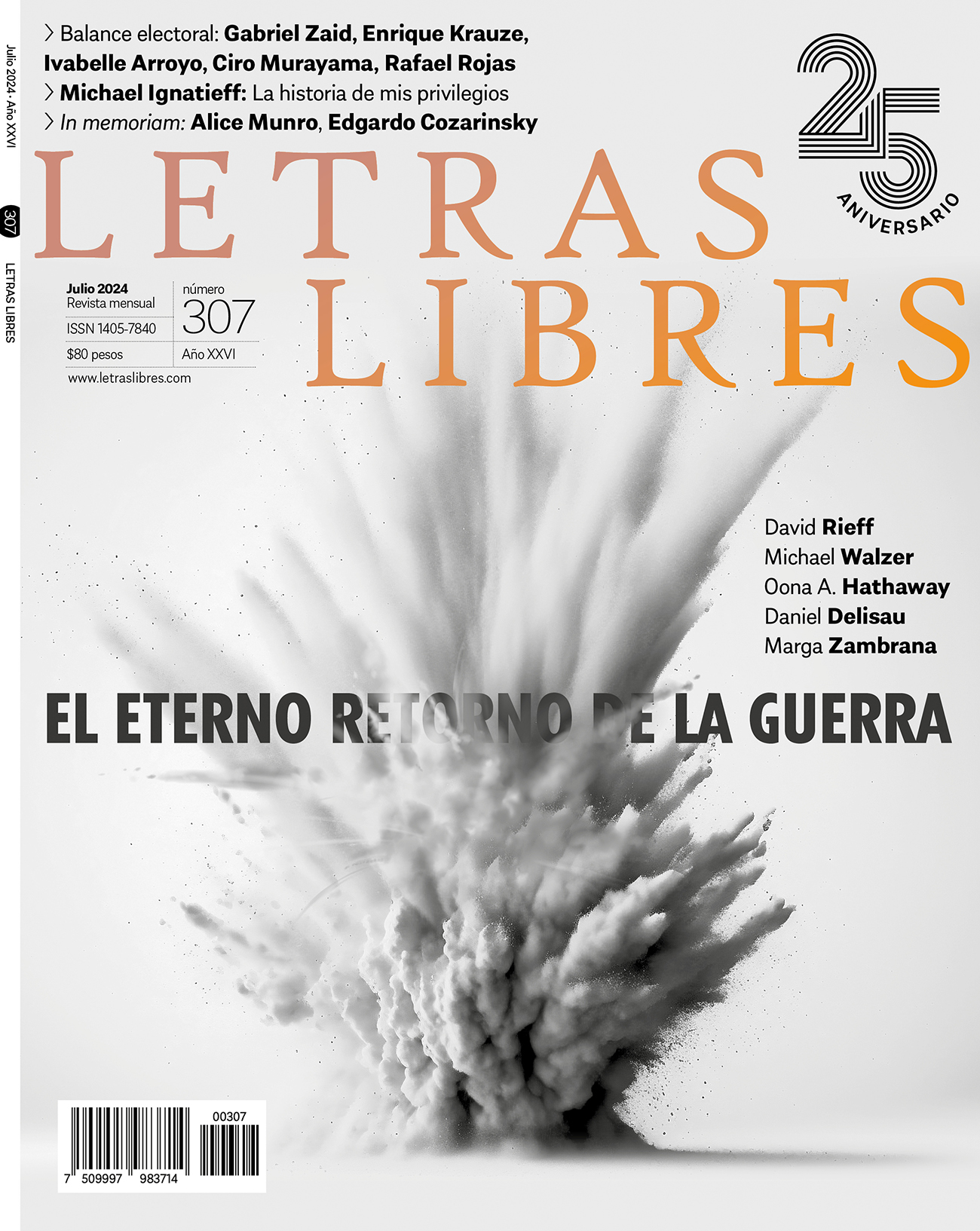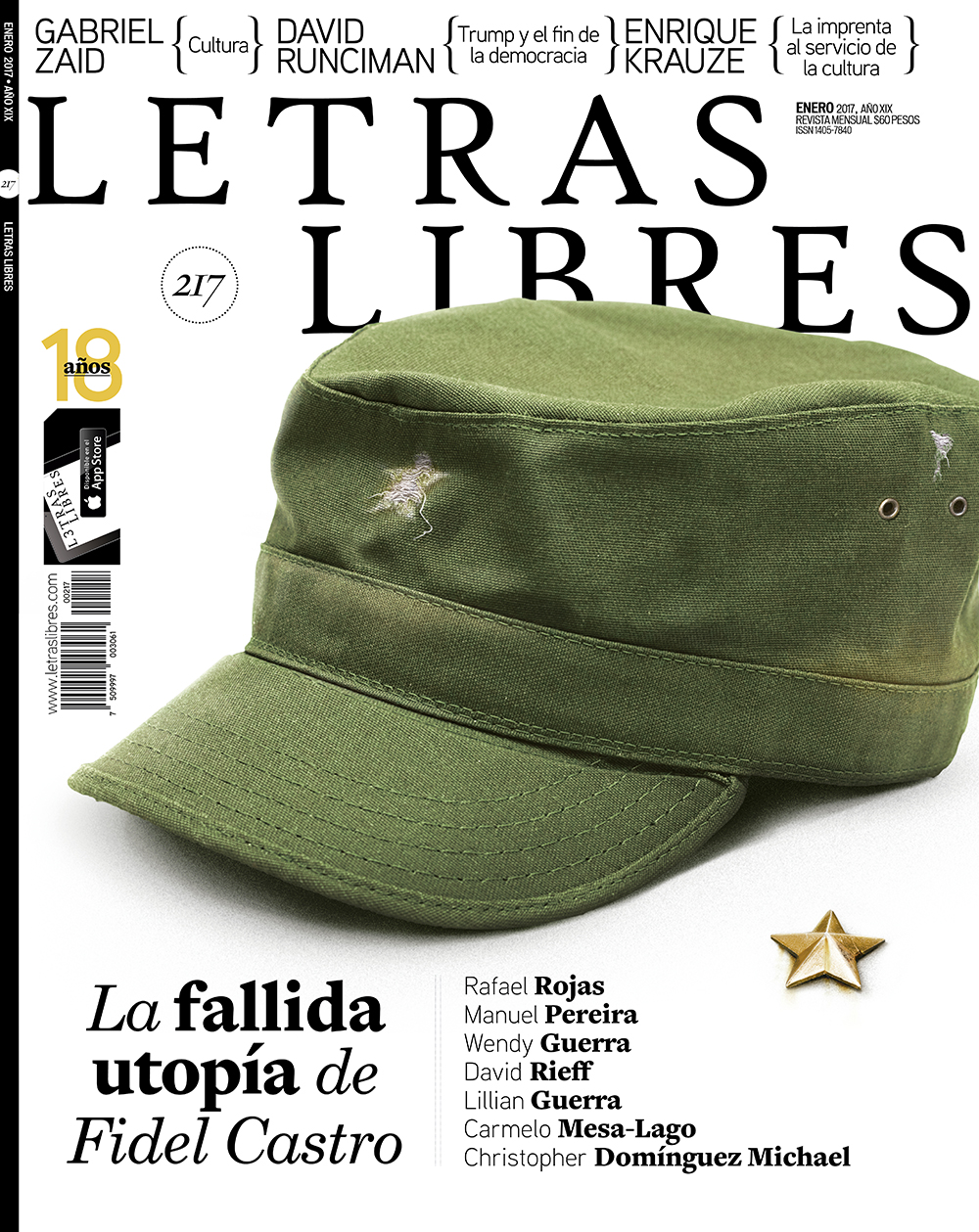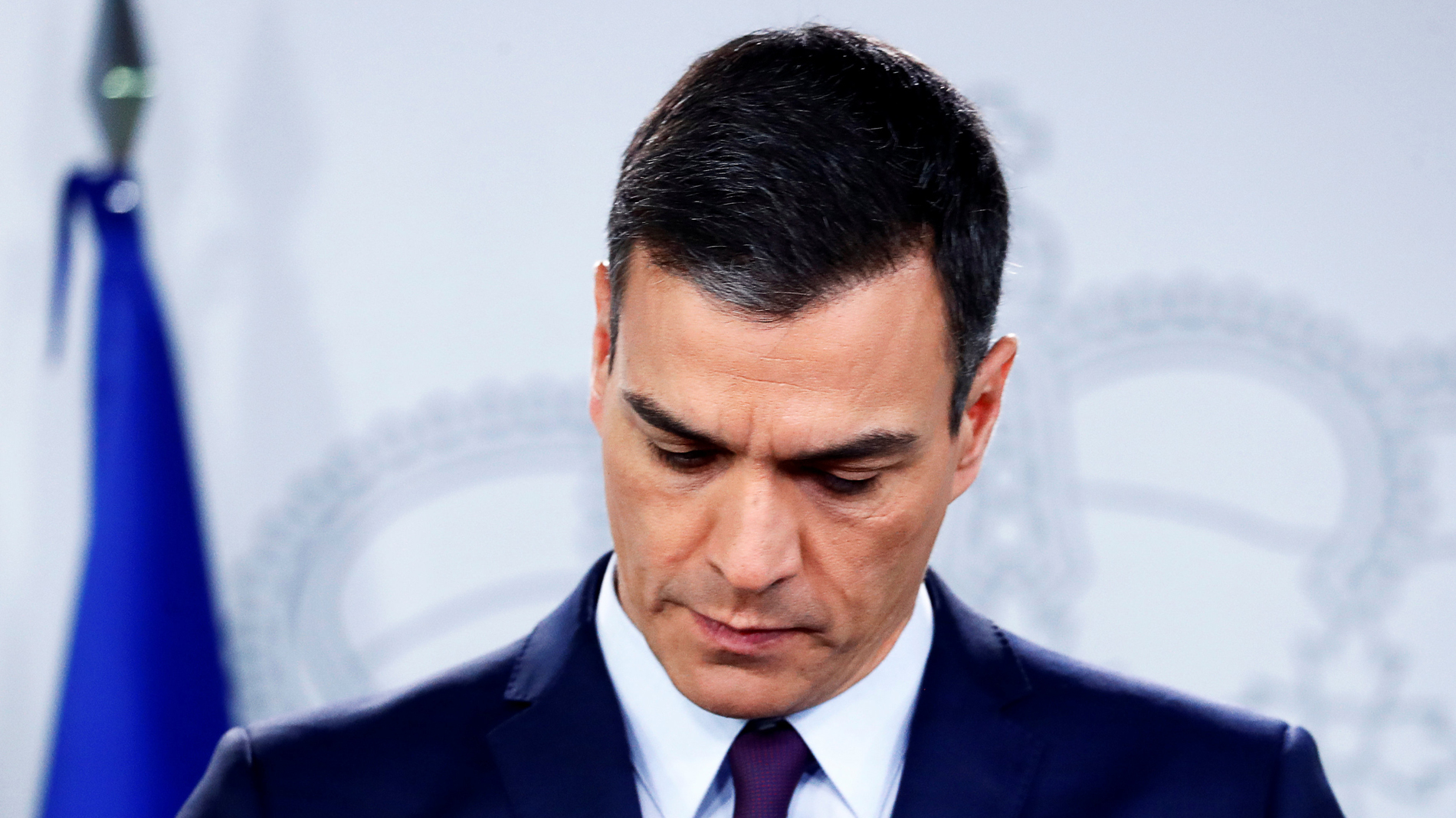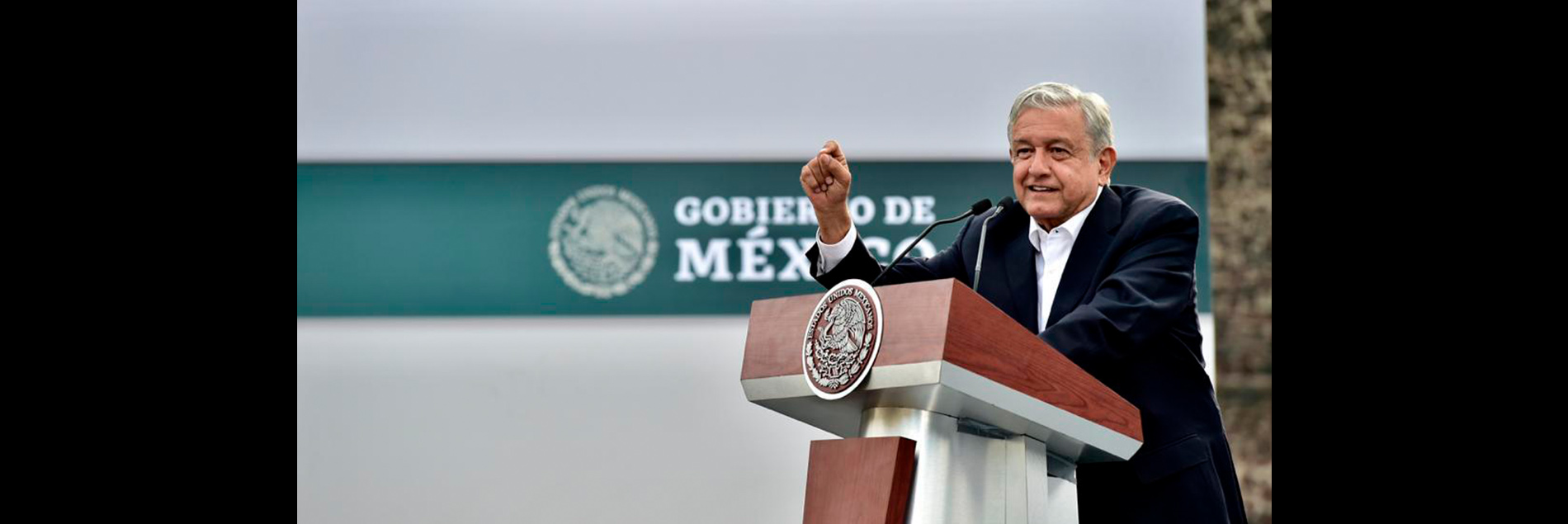In a recent article published in the Guardian, Irish writer Colm Tóibín defended Catalonia’s referendum. Many of his arguments could be debated, and more than a few of his statements seem ill-informed.
Some of Mr. Tóibín’s mistakes are factual while others are more general, as is his insistence in presenting this conflict primarily as an issue between Madrid and Catalonia, ignoring the situation in Catalonia itself. He does not mention the instrumental-economic arguments of the separatist cause, and argues that Catalonia has a right to separate from Spain because it has a strong sense of identity and because it has its own language. But many parts of Europe share these two characteristics, and Catalonia does not fit into any of the scenarios that according to international law justify self-determination.
“Madrid is not itself prepared to make a detailed case against the vote being held, but rather is insisting that it is illegal, as though the law were something that could not be changed”, he writes. No European state concedes the right to secede to one of its territorial components without an agreed constitutional process, as John H. Elliott wrote a few days ago. The change Mr. Tóibín wishes should be done through means that are legal and agreed upon, and not in the manner used by the Catalan government.
At the beginning of his article Mr. Tóibín criticises the fact that in a joint press conference in 2015 Angela Merkel declared her opposition to Catalan independence. Merkel defended the national integrity of another European member state, which should not be surprising. She also expressed her support for the incumbent Mariano Rajoy, who was after all, like the chancellor, a member of the European Popular Party. Mr. Tóibín writes that “it escaped nobody in Catalonia that the last time a German chancellor had sided with a rightwing Spanish politician against the Catalans was when Franco was seeking to win the Spanish civil war”. He nuances it with “even though the comparisons are unfair and unfounded”, which leaves one wondering why he wrote the analogy in the first place. It is almost embarrassing to point out the most conspicuous absurdities of the comparisons -for instance, the link between present day-Germany and Nazi Germany-, but Mr. Toibín also presents as facts some things which are simply not true. By opposing independence the German chancellor was not speaking against “the Catalans” –slightly more than half the Catalans are against independence. Mr. Tóibín forgets to mention that when the former Generalitat president Lluís Companys was arrested in 1934, Spain was a democracy -the one Franco fought against. Mr. Tóibín makes the same mistake consistently, speaking as if those who oppose independence were not Catalan.
Mr. Tóibín’s readers might find it hard to recognise the “pragmatist”, “close to Merkel and Macron”, or even the “calm, thoughtful and rational democrat”, that the Irish novelist describes in President Puigdemont, who recently asked citizens in a meeting to look local mayors in the eyes and ask them, “Will you let me vote?”, before the illegal referendum. Those readers might be surprised to learn that this rational democrat’s government closed the Parliament, violated the Spanish Constitution and the Statute of Autonomy of Catalonia, flouted parliamentary procedure and crushed the opposition, when approving the Law of the referendum and the Law of juridical transition and foundation of the Republic. The majority of MPs which passed the law represented slightly less than 50 percent of the electorate. The two pieces of legislation deemed transcendental for the Catalans passed with a smaller majority than the one that was needed to change the Electoral Law or the Statute.
Mr. Toíbín says that 70 percent of the Catalan electorate favour a referendum. However, only 35 percent agree with the recent laws approved by the Catalan parliament. According to a recent survey from the Catalan Government’s Survey Institute (CEO), only 41.1 percent of the Catalans prefer independence to other possible scenarios, and only 34 percent see secession as a realistic solution in the short term. By presenting this as a conflict between Catalonia and Madrid, Mr. Toíbín ignores a huge part of the problem -this is an issue about Catalonia and the rest of Spain, but also among the Catalans themselves. Catalonia is divided across linguistic and economic lines. People with higher incomes and with four grandparents born in Catalonia tend to show stronger support in Catalonia, as Kiko Llaneras explained in El País.
Franco’s regime oppressed Catalans and Spanish people, and repressed the Catalan language. Catalan, as Mr. Toíbín says, was relegated to the family sphere. It was not forbidden in public until 1975, as he argues. In the second part of the Franco era repression was not as hard as in the first years, but it was discriminated against. In the present democratic period, Catalan is an official language, and Catalan literature is currently flourishing, with an important publishing industry and a big readership. This is partly due to linguistic policies, and has to do with the high degree of autonomy of the Catalan administration, which has control over matters such as education, health and security.
Mr. Tóibín refers to these linguistic policies. It is also surprising the admiring way in which he tells a story like this:
One day in the mid-1980s, when I was having lunch in a restaurant in Barcelona with one of her [Aina Moll, director general of linguistic policy for the Catalan government] advisers, he asked for the menu in Catalan to be told that it was only in Spanish. He smiled, and said to me that the restaurant would get a warning within a week and would be threatened with closure within a month unless it printed a menu in Catalan.
The anecdote is certainly chilling -a government official acting like a bully, and boasting. Curiously, a perceptive literary critic like Mr. Tóibín does not recognise an Orwellian scene even when he is looking straight at it –but it was Orwell himself who wrote that a “to see what is in front of one’s nose needs a constant struggle”. There is an illuminating contrast in the light-hearted tone of this episode and the one he shares in the next paragraph, where he writes about a couple he met in Madrid. They protested (“fuming”) because when they had attended mass in Montserrat the ceremony was in Catalan. After retelling this particular episode, Mr. Tóibín jumps to conclusions and explains, “Such rage against Catalonia became common”.
The Popular Party could have shown more empathy and skill during these years. But Mr. Tóibín’s explanation is biased. According to him, Spanish politicians did not go to Barcelona to speak against the illegal referendum owing to the fact that they do not speak Catalan. This reasoning is bizarre, as is his comparison with Gordon Brown’s role in the Scottish referendum campaign, which among other things was legal. Again, Mr. Tóibín seems unaware that there are many Catalan members of the Spanish Parliament who represent Catalonian voters, both in favour of union and independence. According to Colm Tóibín Catalonia has become “terra incognita” for Spanish politicians. Luckily they have him to tell them what it looks like.
Separatists will probably be happy to count on the support of a great writer. Mr. Tóibín is a more respectable ally than other known international supporters, such as Venezuela’s leader Nicolás Maduro, Wikileaks founder and Russia’s mouthpiece Julian Assange and former Greek minister Yanis Varoufakis. Unfortunately, though there are many reasons to admire him, his arguments do not seem much better than those of other international cheerleaders of separatism, and his facts are entangled with half-truths, myths and propaganda.
Daniel Gascón (Zaragoza, 1981) es escritor y editor de Letras Libres. Su libro más reciente es 'El padre de tus hijos' (Literatura Random House, 2023).











